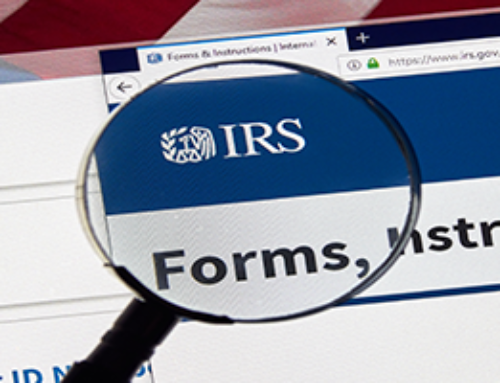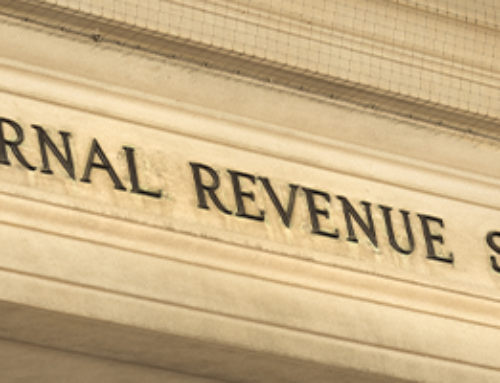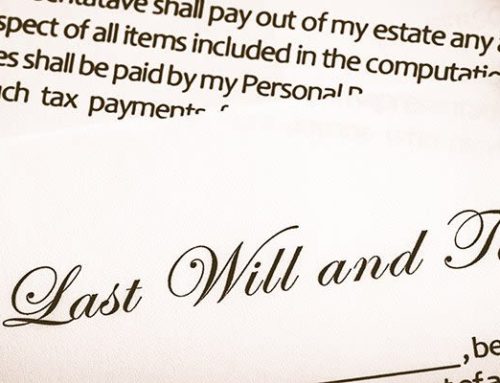Struggling with overwhelming debt can be stressful and even frightening. This stress can lead many people to pursue debt relief by filing bankruptcy. And yet many individuals considering bankruptcy share one common worry: what will happen to their property?
It is important to know that filing bankruptcy does not mean you will lose all of your assets and the property you worked hard for. In fact, bankruptcy has built-in protections for your property in the form of state or federal exemptions.
Both Chapters Of Bankruptcy Allow You to Use Exemptions
Essentially, the bankruptcy exemptions exclude certain assets from the bankruptcy estate – or any property you have an interest in. These exemptions can help you keep your property regardless of how you file:
-
If you file Chapter 7 bankruptcy, using exemptions will protect your assets from liquidation; and
-
If you file Chapter 13 bankruptcy, exemptions can help reduce the amount you pay through your repayment plan.
The purpose of these exemptions is to help you obtain a fresh financial start after relieving your debts.
What Are The exemptions?
When filing bankruptcy, you have two options. New Jersey law allows you to choose between using the state’s exemptions or federal exemptions. That way, you can make a decision based on your best interests.
The New Jersey exemptions include, but are not limited to:
-
All clothing and furniture worth up to a total of $1,000;
-
A portion of your wages, even unpaid wages;
-
Your retirement savings or pension; and
-
Up to $1,000 worth of general property under a wildcard.
And federal exemptions include:
-
Your homestead, up to $23,675 in home equity;
-
Up to $3,775 in equity on your motor vehicle;
-
Household goods up to a total of $12,625;
-
Your retirement savings or pension; and
-
A wildcard exemption of up to $1,250.
These exemptions are not automatic. You must properly list these exemptions in your bankruptcy paperwork. In these cases, you should consult an experienced bankruptcy attorney to better understand how these exemptions work, and how you can best protect your property.





